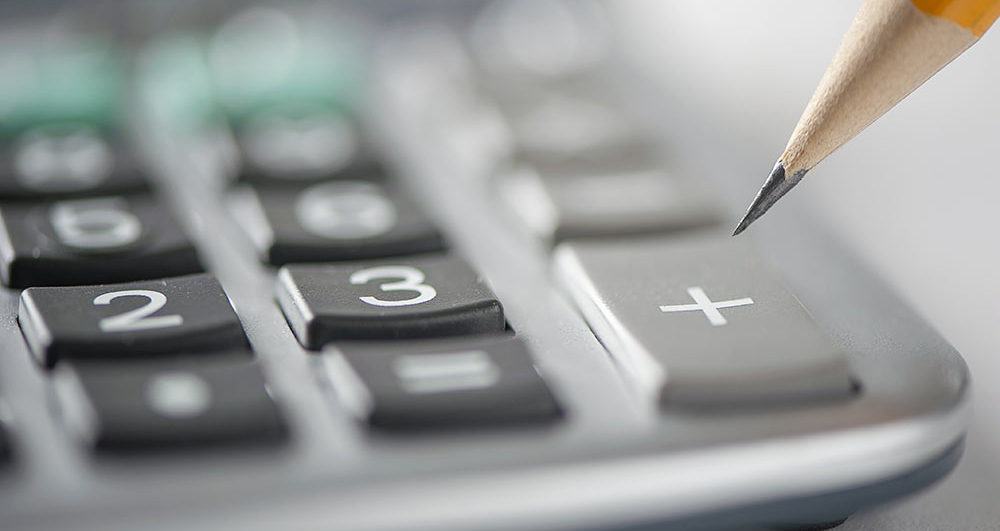Whether you use Excel, Peachtree, Xero, QuickBooks PC/Mac or QuickBooks Online, the set-up plays the most important part in tracking how your business is doing. Having a proper Chart of Accounts is the first step to financial success; this chart tracks the financial strength and weakness of your business, so you can know the specifics of where your money is both coming and going.

Small Business Accounting Services
Reconcile Bank and Credit Card Accounts
Reconciling your bank and credit cards monthly allows you to:
- Identify lost checks, lost deposits and unauthorized wire transactions.
- Detect and prevent excess/unjustified bank charges and ensures transactions are posted correctly by your bank.
- Detect and prevent embezzlement of funds from within your company.
- Manage your cash more effectively. Proper management of funds not only saves you money, it makes money for you.
- Protect yourself. Timely reconciliations will ensure you catch all fraudulent charges early enough to report them to the bank and recoup your losses.
Maintain your General Ledger
The general ledger is the core of your company’s financial records. These records constitute the central “books” of your system. Since every transaction flows through the general ledger, a problem with your general ledger throws off all your books.
Having us review your general ledger system each month allows us to hunt down any discrepancies such as double billings or unrecorded payments and fix them before they become a problem.
Provide monthly reports such as Income Statement (profit and loss), Balance Sheet, and Cash Flow. We can also provide statements on receivables and payables.
Customer Set Up
We can make sure each customer has the correct contact information and payment terms, and you can rest easy knowing your invoices are making it to their destination with the proper due date.
- Track revenues and expenses so that you can determine the operating performance of your business.
- Determine what areas of your business are over-budget or under-budget.
- Identify specific items that are causing unexpected expenditures. Like phone, fax, mail, or supply expenses.
- Track dramatic increases in product returns or cost of goods sold as a percentage of sales.
- Determine your income tax liability.
Balance Sheet
A balance sheet gives you a snapshot of your business’ financial condition at a specific moment in time.
A balance sheet helps you…
- Quickly get a handle on the financial strength and capabilities of your business.
- Identify and analyze trends, particularly in the area of receivables and payables. For example, if your receivables cycle is lengthening, maybe you can collect your receivables more aggressively.
- Track how much money you or your partners put into the business or take out of it
- Determine if your business is in a position to expand.
- Determine if your business can easily handle the normal financial ebbs and flows of revenues and expenses?
- Determine if you need to take immediate steps to bolster cash reserves?
- Determine if your business has been slowing down payables to forestall an inevitable cash shortage?
Balance sheets, along with income statements, are the most basic elements in providing financial reporting to potential lenders such as banks, investors, and vendors who are considering how much credit to grant you.
Track how much money you or your partners put into the business or take out of it
- Pay bills and print checks
- Help manage your cash flow
- Train you or your staff on how to maintain your financials
- Help you remember tax deadlines such as Sale Tax, payroll tax filings and Income Tax
- Entering cash receipts into your financial software
We can provide QuickBooks training, support, and/or guidance in understanding your financials. We will perform a year-end review, and submittal of your financials to your tax preparer at no additional cost